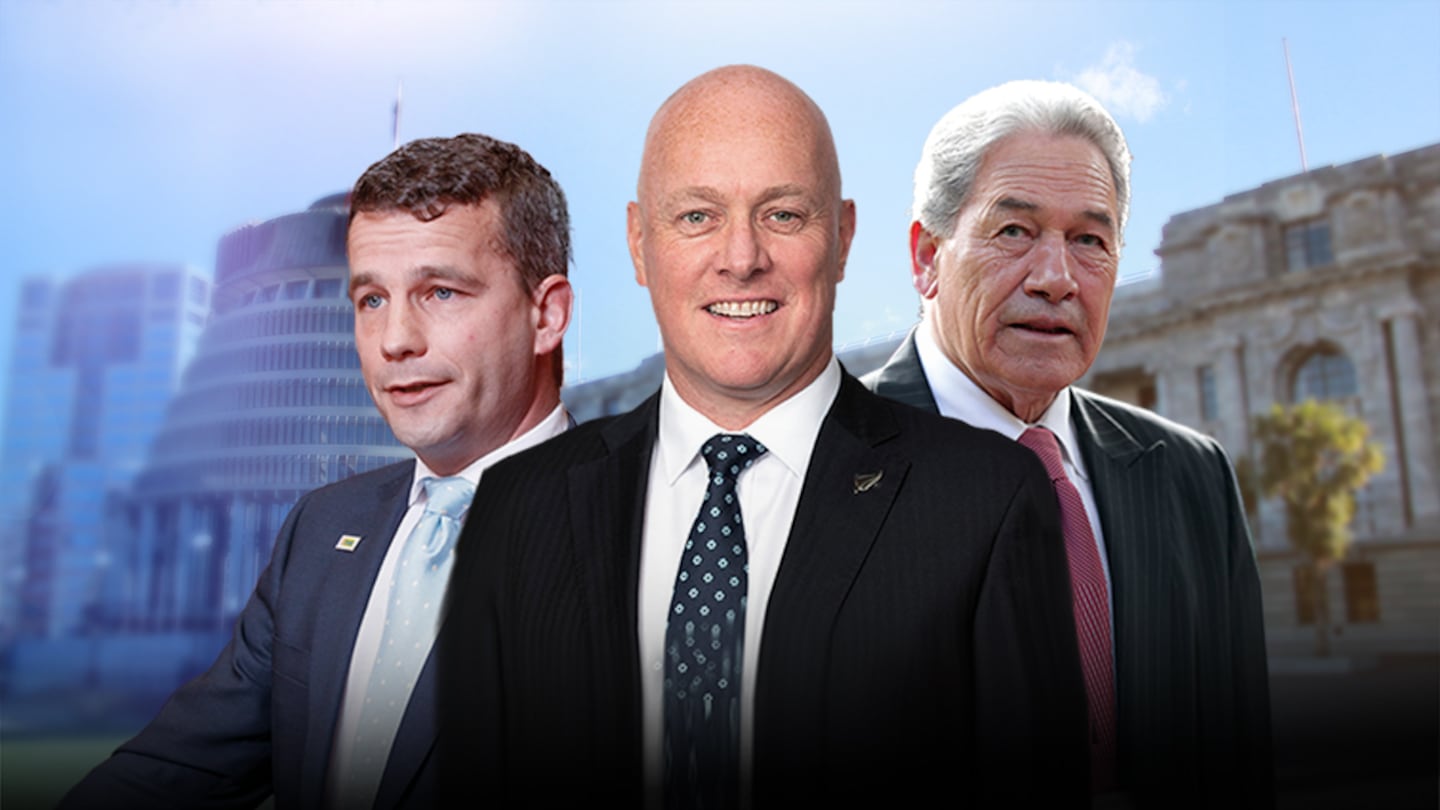It’s one month since the National-led coalition government came out with its First 100 Days plan and committed to actioning some of them pre-Christmas.
Duty Minister Brooke van Velden said in a statement, “Our government is starting the way we mean to go on – ambitious for New Zealand. Our 100-day plan is focused on rebuilding the economy, easing the cost of living, restoring law and order, and delivering better public services. These are things that New Zealanders voted for and expect us to deliver.”
One of the first to be put on the chopping block pre-Christmas and an easy toss for the government was the $16 billion Lake Onslow Pumped Hydro scheme. Energy Minister Simeon Brown scrapped the project designed to serve as a giant battery to help protect against hydroelectricity shortages and create more stability in the market. The cost of the project had ballooned out from $4 billion to $15.7 billion and the consents also meant the project would not be delivered for at least another decade.
Experts also warned Brown that if the scheme went ahead it would affect the pipeline of renewable electricity generation New Zealand needs to reach its climate goals which new Climate Minister Simon Watts promised to achieve in 2025, 2030 and 2035.
The Climate Change Commission has said the new government will need to do more than boost renewable electricity to meet its greenhouse goals. But whether ministers would take on expert advice to look to charge farmers for their emissions before 2030, boost cash for cycleways, or shift drivers into electric vans and utes; and promote inner-city housing is yet to be discussed.
Brown, the Energy Minister, Transport Minister, Local Government Minister, and Auckland Minister, has a hefty workload ahead. But not all can be completed by Christmas Day, though he has set in motion some of the actions.
Brown was able to reach an agreement to dissolve Let’s Get Wellington Moving. He’s agreed to cancel Auckland Light Rail and is taking on advice on what will replace it, and to date has not yet met Auckland mayor Wayne Brown.
And finally, the controversial repeal of the Three Waters (with assets returning to council ownership) has begun but the government won’t look to pass legislation until early next year.
But the government has started with the repeal of the Natural and Built Environment Act 2023 and the repeal of the Spatial Planning Act 2023, all actioned pre-Christmas, this alongside a (very) mini-Budget announced by Finance Minister Nicola Willis just last week.
“We’re delivering on this. In our first few weeks we’re proud to have released a mini-budget that includes $7.5 billion in savings for taxpayers, to have ended wasteful government spending on projects like Let’s Get Wellington Moving, Industry Transformation Plans, and Auckland Light Rail among others, and to have also repealed Labour’s RMA replacements, extended 90-day trials to all employers, and gotten rid of Fair Pay Agreements before they come into effect,” van Velden says.
The new government has had a turbulent month, without any semblance of a honeymoon period after finally taking office. On day one major protests were seen across the country where Māori rallied together due to policies impacting Māori. The coalition of National, NZ First, and ACT signalled to proceed with ACT’s policy to address the principles of the Treaty of Waitangi, the agreement included a pledge to introduce a Treaty Principles Bill.
The repeal of the Therapeutics Products Act 2023, legislation to ban gang patches, and the disestablishment of Te Aka Whaiora (the Māori Health Authority) are all on the cards in the new year heavily affecting Māori; - although the Māori health advocates have put an urgent claim to the Waitangi Tribunal to stop government plans to disestablish the Māori Health Authority.
The removal of te reo Māori in parts of the public sector and the halt of extra payments to public servants made national headlines and has mobilised the Toitū Te Tiriti movement, with protests led by Te Pāti Māori (seen on day one of Parliament and on Saturday in Melbourne, Australia). The concerns from Māoridom prompted the Māori King to call for a national hui next month in January.
But it’s not only Māori who have been rallying against the new government, with the shock reversal of the Smoke-free legislation making global headlines. Even Finance Minister Nicola Willis admitted that New Zealand’s world-first smokefree laws had been scrapped to fund tax cuts.
“New Zealand faces several challenges and New Zealanders can have confidence that our coalition government has both the team and the strategy to address them,” van Velden says.
The ambitious 49 actions to be delivered by the National-led government within 100 days are expected to be completed just days ahead of New Zealand’s national day - Waitangi Day.


